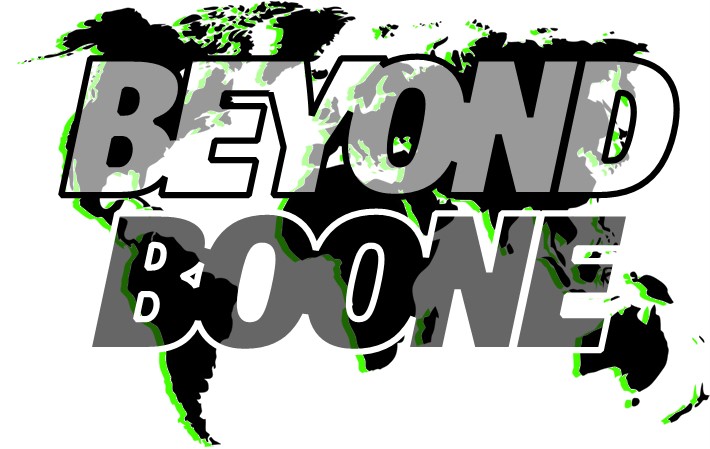Attacks in Sri Lanka kill more than 350 people on Easter Sunday
May 22, 2019
More than 350 people were killed and hundreds more injured in Sri Lanka on Easter Sunday from what authorities described as a series of bombings targeted towards Catholics.
The attacks were said to have lasted from early in the morning to late in the afternoon on April 21. Police officials reported that bombs were planted in different public places, including churches, hotels, and restaurants.
One of the locations targeted was the Shangri-La Hotel in Colombo, Sri Lanka, where attendees were having an Easter Sunday brunch on the third floor when an explosion occurred.
Witness and Colombo local Sarita Marlou wrote on Facebook that she was in her room on the 17th floor when she “felt the blast” of the bomb below her.
“(A) few minutes (following the explosion), we were asked to evacuate the hotel. While running down the stairs, (I) saw a lot of blood on the floor,” she posted, “What a tragic day for Sri Lanka indeed.”
Although ISIS claimed they were solely behind the attacks, Sri Lankan authorities said small East-Asian Islamic terrorist group “National Thoweeth Jama’ath” was responsible, but outside help from organizations like ISIS was plausible.
Dozens of people in connection to the bombings have been arrested; another blew himself up upon confrontation, killing three officers.
Aside from the residents of Sri Lanka, 36 foreigners were killed in the attacks, some of whom include American, British, and Chinese citizens.
Despite Sri Lanka only being 9.7 percent Islamic, the presence of terrorist groups associated with the religion within the country has increased in recent years. Experts believe this is due to Sri Lanka’s lack of border security.
A day following the massacre, it was found that considerable information regarding a potential attack was known by Sri Lankan security officials, leaving many to question why little was done to prevent it.
Said information included the names, addresses, and phone numbers of those responsible for the bombings and included reports of the recent accumulation of ammunition, explosives, and firearms by the National Thoweeth Jama’ath terrorist group.
A report sent by a prominent Colombo police official regarding a potential Easter Sunday attack was sent to Sri Lankan government executives ten days before the attack, though it allegedly never reached them.
The advisory, written by Deputy Inspector General of Police Priyalal Dassanayake, warned of possible suicide attacks in Sri Lanka targeting Catholic churches.
“You should instruct all personnel to pay strict heed to this report,” the letter read, “be extra vigilant and cautious.”
On April 24, Sri Lanka’s President Maithripala Sirisena spoke to the public and addressed said report.
Sirisena blamed the countries Defense Secretary, Hemasiri Fernando, for his failure to act on the warnings; Fernando subsequently resigned.
On April 22, FBI officials stated they would be assisting Sri Lanka authorities in an investigation regarding the matter.
